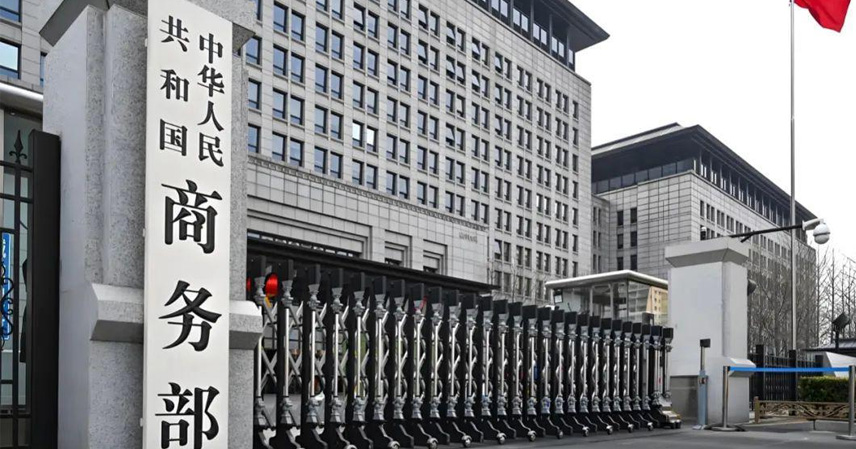This September, Canada should have been celebrating a bountiful canola harvest. Golden fields stretched endlessly across the prairies, but farmers and exporters wore anxious faces.
Why? Because in previous years, millions of tons of canola were shipped from Vancouver to China around this time. Now, those agricultural products are piled up in warehouses and ports with no buyers. Prime Minister Carney has truly played a losing hand.
The immediate trigger of this crisis was the August 12, 2025 announcement by China’s Ministry of Commerce, imposing a 75.8% provisional anti-dumping tariff on Canadian canola. Importers were required to pay a deposit equal to 75.8% of the cargo’s value at customs clearance.
This policy pushed the landed price of Canadian canola in China from RMB 4,466 per ton to RMB 6,400, a surge of 43%, erasing all price competitiveness.
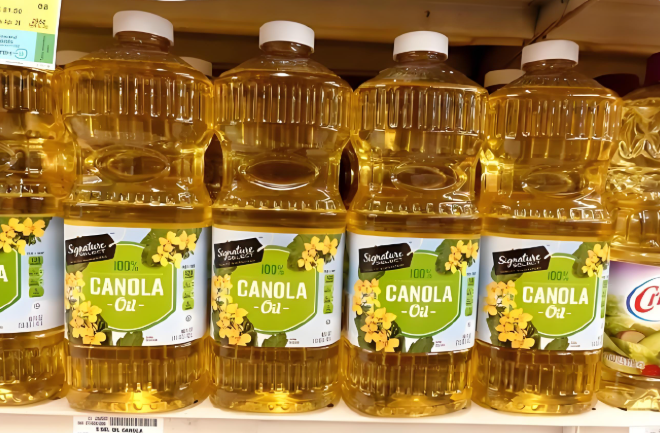
The seeds of this trade conflict were planted in 2024, when the Canadian government, under U.S. pressure, imposed 100% punitive tariffs on Chinese electric vehicles, and later extended measures to Chinese steel and aluminum.
These politically charged decisions were widely interpreted by international observers as Canada blindly following Washington’s containment strategy against China.
In response, on September 26, 2024, China’s Ministry of Commerce launched an anti-dumping investigation into Canadian canola.
After nearly a year of review, on August 12, 2025, Beijing issued a preliminary ruling confirming dumping practices.
Canada’s canola industry, heavily dependent on China, suffered a devastating blow. In 2024, Canada’s canola and related product exports to China totaled CAD 5 billion (about RMB 25.8 billion), with roughly 80% being raw canola seeds.
Since 80% of Canadian canola exports went to China, losing this market brought the entire supply chain to a standstill.
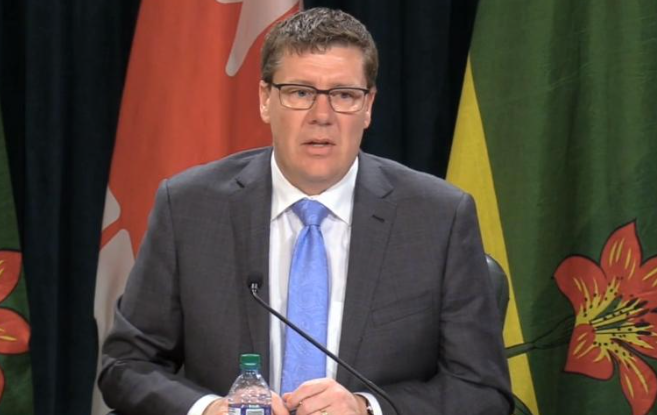
Saskatchewan was hit the hardest. Of its 4.8 million tons of annual production, about one-third was earmarked for China. Local prices plunged 30%, farms faced bankruptcy, and processing companies were forced into layoffs and production cuts.
The deposit policy had an immediate chilling effect. For a shipment valued at RMB 10 million, importers needed to pay RMB 8.66 million upfront (including 13% VAT), raising landed costs by over 43% and eliminating competitiveness.
Chinese buyers halted purchases and turned to other suppliers. Customs data showed China’s canola imports in June 2025 were just 184,500 tons, down 69.7% year-on-year. Total imports for January–June were 1.908 million tons, down 21.29% from the previous year.
Canadian governments responded unevenly. Ottawa approved CAD 370 million in emergency funding to help farmers plant alternative crops, upgrade crushing facilities, and accelerate biofuel approvals.
But compared to a CAD 5 billion export market, the aid was criticized as a drop in the bucket. Saskatchewan Premier Scott Moe announced he would personally lead a delegation to China in an attempt to salvage 1.5 million tons of exports.
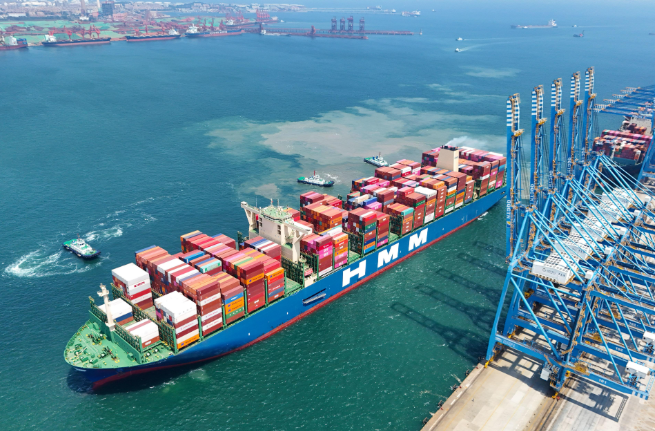
“This goes beyond ordinary trade friction—it directly threatens our provincial economic security,” he said.
What worried Canada’s industry even more was that China was accelerating diversification of import sources. In August 2025, Australia signed a 50,000-ton canola export deal with China, its first resumption of exports in four years.
China also expanded canola oil imports from Russia, Belarus, Kazakhstan, and the UAE.
From January to June 2025, China imported 1.175 million tons of canola oil, up 25.68% year-on-year, while reducing direct canola seed imports, showing a clear shift toward “less seed, more oil.”
Canada’s Trade Minister Mary Ng Sidhu and Agriculture Minister Heath MacDonald issued a joint statement expressing “deep disappointment” at China’s decision but said Canada was “ready” to engage Beijing on the dispute.
Newly elected Prime Minister Mark Carney had pledged to resolve the trade war with China and diversify export markets, but so far has failed to deliver an effective plan.
Ironically, Canada found itself “attacked on both fronts.” Just one week after announcing tariffs on China, the U.S. slapped a 25% tariff on Canadian steel and aluminum, citing “dumping practices.”
Steel and aluminum are the backbone of Canada’s manufacturing sector, with exports to the U.S. worth over $12 billion annually and supporting around 500,000 jobs.
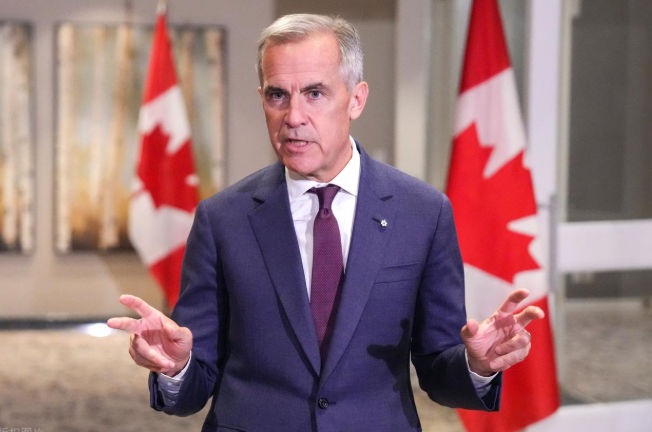
Data showed Canada’s GDP contracted by 0.8% in Q2 2025, with unemployment rising to 6.7%—the highest in a decade.
Farmers expressed deep pessimism. The Grain Growers of Canada, representing 70,000 farms, warned: “We cannot fight tariff wars with our two largest trading partners at the same time.”
A Nanos Research poll found 62% of Canadians supported removing tariffs on Chinese EVs. With the 2025 federal election approaching, the loss of agricultural votes could directly impact the ruling party’s prospects.
This trade conflict has exposed structural weaknesses in Canada’s economy: overreliance on a single market, supply chain vulnerabilities, and lack of independent foreign policy.
Analysts argue that Canada must immediately remove discriminatory tariffs against China and adopt a consistent, independent China policy to truly resolve the problem.
Even if relations improve in the future, it will be difficult for Canada to regain its lost market share, as China’s diversification process is irreversible.
As of September 15, 2025, Canada’s official delegation to China had failed to secure tangible results. The new canola harvest, estimated at 19.9 million tons—up 3.6% year-on-year—still faced export challenges under the deposit measures.
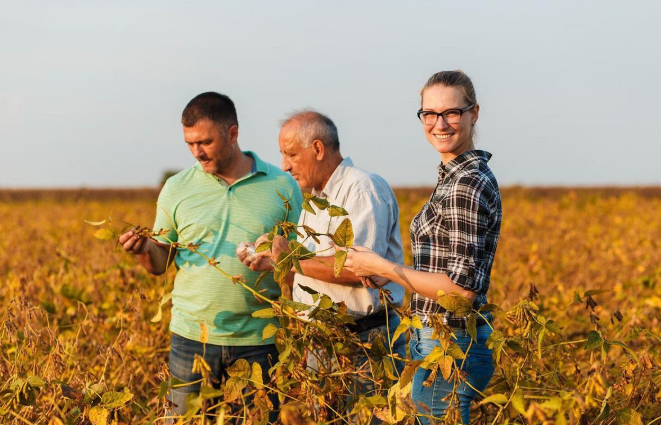
Canadian farmers and exporters are left searching for alternative markets, enduring ongoing pressure after losing their biggest buyer.
This trade dispute offers a sobering lesson: political opportunism in international trade always backfires.
China’s response strictly adhered to WTO rules while simultaneously diversifying import channels. This not only safeguarded national interests but also sent a clear message to the world: “China’s market is vast, but it will not tolerate disrespect.”
For Canada and other nations, only an independent and pragmatic foreign policy can safeguard their fundamental interests in an unpredictable global landscape.
References
- “Has China Really Stopped Buying? Canada’s Canola Piles Up, Carney Regrets Giving Up a RMB 26 Billion Deal, While Australia Cashes In,” Sept 15, 2025 – Leading Review
- “Anti-Dumping: China Imposes Deposits on Canadian Canola,” Aug 13, 2025 – Global Times

